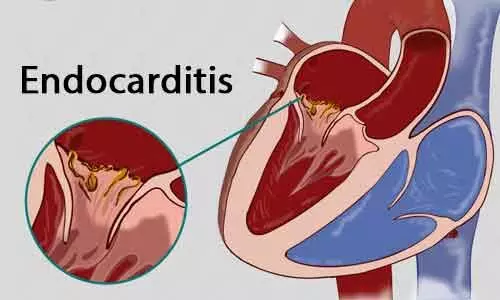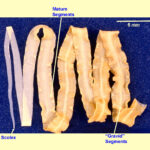Diphtheroid prosthetic heart valve endocarditis is an uncommon but serious infection involving the inner lining of the heart and its valves, particularly affecting individuals with prosthetic heart valves. Diphtheroids, a group of bacteria resembling Corynebacterium diphtheriae, are typically non-pathogenic components of the skin flora but can become opportunistic pathogens under certain conditions. This article delves into the clinical features, diagnostic approaches, and treatment strategies for this condition.

Clinical Features of Diphtheroid Prosthetic Valve Endocarditis
The clinical presentation of diphtheroid prosthetic valve endocarditis often includes:
- Prosthetic Dysfunction: A significant number of cases exhibit prosthetic valve dysfunction and infection of the valve annulus.
- Symptoms: Patients may experience fever, heart murmurs, and signs of systemic embolization.
Diagnostic Approaches
Accurate diagnosis is crucial for effective management. Key diagnostic steps include:
- Echocardiography: Utilized to detect vegetations on the prosthetic valve and assess valve function.
- Histopathological Examination: In certain cases, tissue samples from the valve may be examined to confirm infection.
Treatment Strategies
Management of diphtheroid prosthetic valve endocarditis involves:
- Surgical Intervention: In cases of significant prosthetic dysfunction or uncontrolled infection, surgical replacement of the infected valve may be necessary.
Prevention and Prognosis
Preventive measures focus on:
- Aseptic Techniques: Strict adherence to aseptic protocols during and after cardiac surgery to minimize infection risk.
- Monitoring: Close postoperative monitoring for early detection of potential infections.
The prognosis varies depending on factors such as the timeliness of diagnosis, the patient’s overall health, and the effectiveness of the treatment regimen.
MYHEALTHMAG

